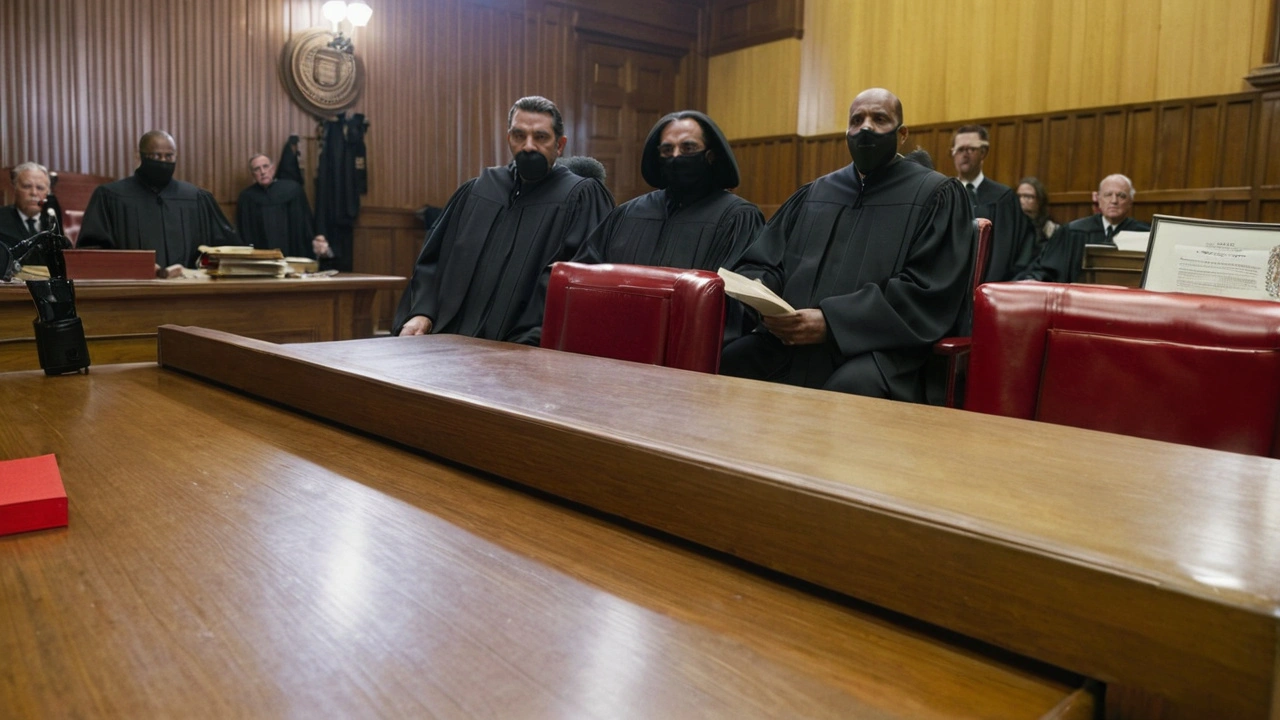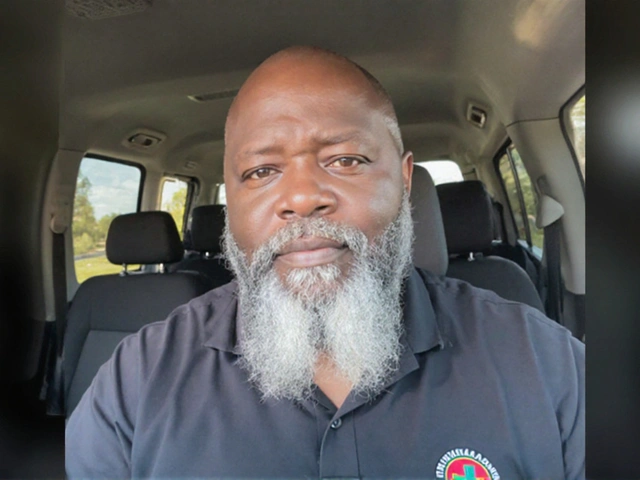Understanding Cellphone Evidence in Legal Investigations
Cellphone evidence has become a game-changer in solving crimes and settling disputes. Whether it's text messages, call logs, photos, or even location info, your phone can hold crucial clues. But how does this evidence work in the real world, and why is it so important? Let's break it down.
First off, cellphone data can reveal who you contacted, when, and where. Think about those text messages or call records that show conversations during the time of an incident. Law enforcement agencies often use this info to connect the dots or support witness stories.
How Is Cellphone Evidence Collected?
Getting cellphone evidence isn't just about picking up a phone and reading it. Experts use digital forensics tools to securely extract data without changing or damaging it. This process can pull contacts, messages, app data, even deleted files in some cases. But it has to be done legally, with the right permissions or court orders, to make sure the evidence holds up in court.
For example, after a crime, investigators might seize a suspect's phone and analyze it for location history to prove where they were. Or prosecutors could use detailed chat logs to demonstrate motive or communication between involved parties. The accuracy and tamper-proof nature of this data make it powerful.
Why Does Cellphone Evidence Matter?
This type of evidence can make or break a case. It offers concrete proof that’s hard to fake compared to eyewitness testimony. In many situations, it helps uncover the truth faster and more clearly. But there are also privacy concerns and the need for careful handling to avoid legal issues.
Bottom line: cellphone evidence is part of daily life now and ever more central to how cases get solved. If you’re involved in a legal matter, knowing the role your phone data can play might just be your key to understanding what’s going on behind the scenes.

Senzo Meyiwa Murder Trial: Defence Criticizes State's Cellphone Evidence Amid Cross-Examination
During the resumed Senzo Meyiwa murder trial, the defence cross-examined the State's cellphone evidence, illustrating ambiguities between devices and their owners. This argument, exemplified through Longwe Thwala's use of his father's phone, may aid the accused, notably Bongani Ntanzi, whose phone activity conflicted with his police custody. Forensic expert Pinky Vythilingam's testimony is being scrutinized.
Categories
- Sports (146)
- Politics (22)
- Entertainment (20)
- World (15)
- News (10)
- Lifestyle (8)
- Business (6)
- Technology (3)
- Health (3)
- Environment (2)
Popular Articles



